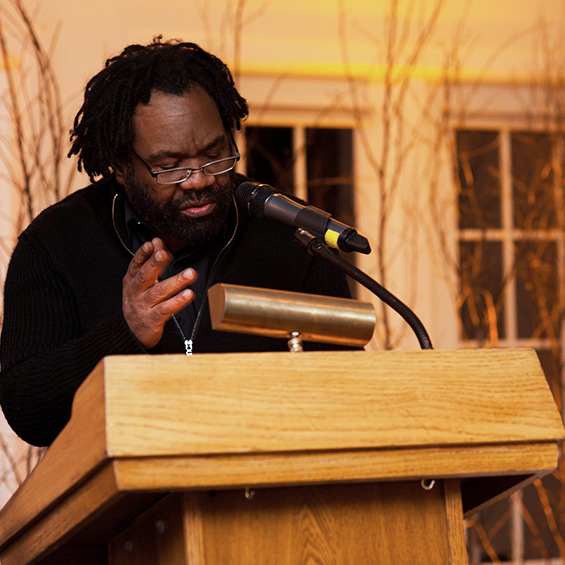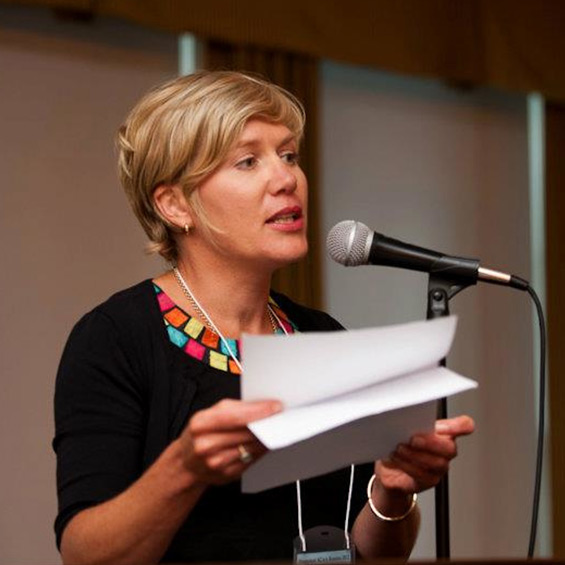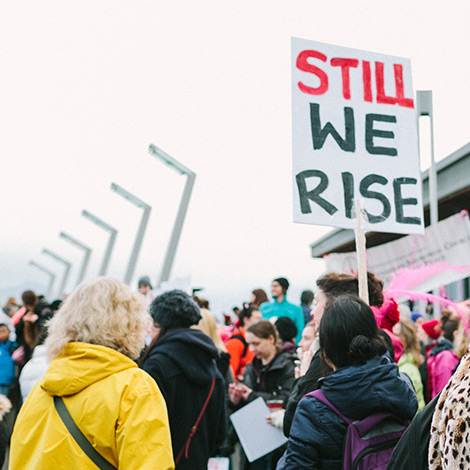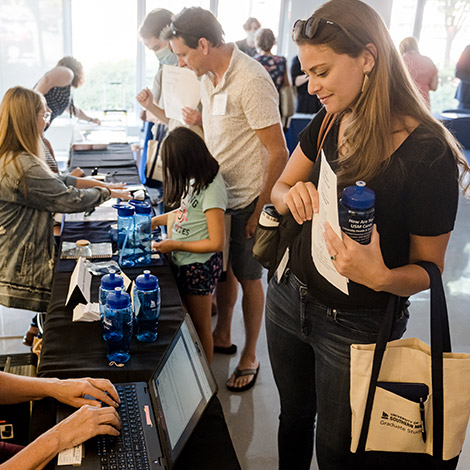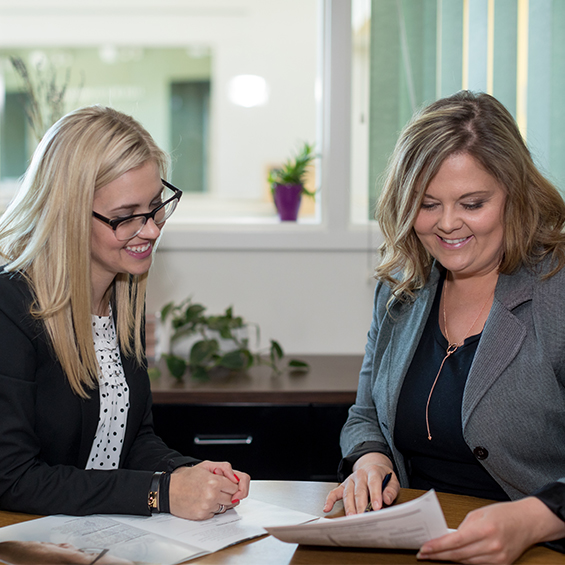Tuition & fees
Costs include tuition & fees, charged by the semester. All students receive the same rate. See cost details
Credit hours
60 required credit hours. Browse course list
Financial aid
Over 150 graduate assistantships available with stipend & tuition assistance, plus scholarship, fellowship & research opportunities. Explore aid
Admissions
Apply by March 1 for summer residency & fall term; Sept 1 for winter residency & spring term. View application process & deadlines
Program highlights
Learn the rules of craft — and break them
Be the storyteller, poet, world-builder, truth-teller, scene-maker, or activist you’ve always wanted to be. Explore a vibrant curriculum, delve into the roots of craft, and bring your voice to life — while sharpening the direction of your career.
The residency experience
Twice each year, we meet on the Maine coast for ten days of writing workshops, faculty seminars, student presentations, and public readings. You’ll workshop your own pieces, experiment in a variety of genres, and learn from writers at the height of their craft.
Program requirements
We alternate between six-month independent writing projects you can complete from anywhere, and 10-day residencies. For writing projects, a faculty mentor provides extensive, in-depth critiques of your work. You’ll benefit from a network of support as you complete a critical essay and creative thesis.
Prepare for professional writing life
Whether you’re working for the Stonecoast Review, pursuing an internship or teaching experience, or giving a public reading, we provide venues to share your talents and gain experience in the professional literary world.
Academic rigor & freedom to experiment
Grow your skills as a writer and deepen your craft through rigorous work and intensive residencies – while working with talented, connected faculty members who help you develop as an artist.
Writing for Inclusivity and Social Equity (WISE)
Our WISE initiative is more than a list of books or classes: social justice writing, inclusivity, and equity are central to our mission. We empower writers to create social change and publish writing that affirms human dignity, defends civil rights, and fights for social equity and environmental justice.
Graduate student support
Our Office of Graduate Studies connects you with opportunities for professional development, scholarships, and graduate assistantships. They also foster our graduate student community through Peer Mentorship and the Graduate Student Board.
Excellence in artistry
Our innovative and widely-published faculty push the boundaries of their craft across all genres. These world-class writers are dedicated to helping you find your voice and further your work.
Scholarship opportunities
Scholarships offer financial aid that doesn’t need to be repaid. We encourage students in graduate degree programs to apply for scholarship opportunities.
Connect with us
Our monthly Graduate Information Sessions are an excellent way to learn more about the benefits of our program, as well as our admissions and financial process.
Award-winning alumni
Awards and nominations include the Pushcart Prize, Golden Heart Finalist, Missouri Review Award, Cave Canem Award, Rona Jaffe Award, and National Book Award Finalist. Along with being widely published in journals, magazines, and the “Big Five” trade publishers many are teachers, performers, and advocates.
Our graduate admissions counselors are here to answer your questions about the admissions process, our academic programs, and student support services.
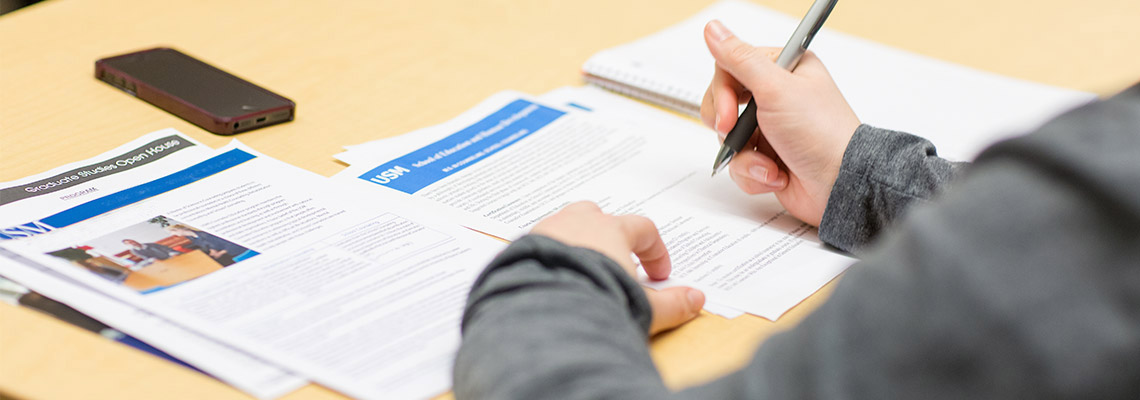
Admission information: MFA in Creative Writing
Application deadlines
We accept applications on a rolling basis and review them continuously.
| Summer residency/Fall term | Winter residency/Spring term | |
|---|---|---|
| Application deadline | March 1 | September 1 |



